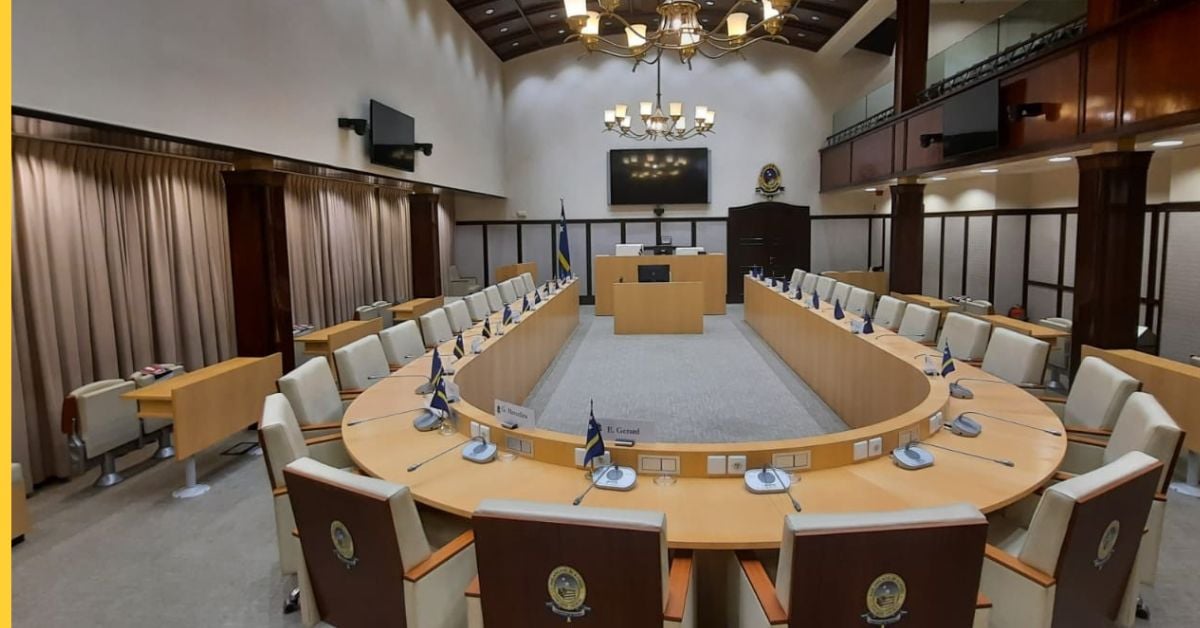This means the legislation, which has the stated aim of providing increased oversight to the world’s largest offshore gaming jurisdiction, will enter its final stages next week.
This includes by abolishing the old double-layered licensing system, in which the four historic master licences sub-contracted out licences to offshore operators which in practice faced far less stringent oversight than stated under the official regulations.
It represents the culmination of a process that began in 2022, when the Dutch government tied Curaçao’s Covid-19 relief package to commitments on several “structural reforms”, including a shake-up of the online gaming sector.
Curaçao new gambling law first tabled December 2023
The law, which was first presented to parliament in December 2023, has the stated aim of doing so through the introduction of a new regulator, tighter entry requirements and beefed-up regulations.
While its supporters have said this will enable a cleaner offshore gambling sector to thrive into the 21st century, its critics have claimed bad actors will still be able to operate under the new system.At various points, concerns about drafts of the bill have been raised by the Lesser Antilles island’s Advisory Board, Bar Association and various Members of Parliament.
NEXT.io is in possession of the final draft of the LOK law, which will be presented to lawmakers early next week.
The legislation approaches the finish line amid accusations from an opposition politician about the probity of the process following on from a scandal involving a previously licensed offshore operator BC.Game.
Meanwhile, the Foundation for the Representation of Victims of Online Gaming (SBGOK) has been filing claims by players of the offshore operators against their Curaçao entities.
This has resulted in courts declaring some businesses bankrupt, including 1XBet, BC.Game and former master licence holder Cyberluck.
NEXT.io sources said these legal manoeuvres would be far harder under the rules proposed under the current LOK draft.











